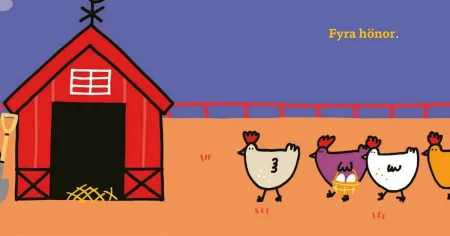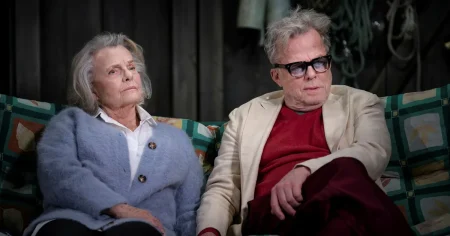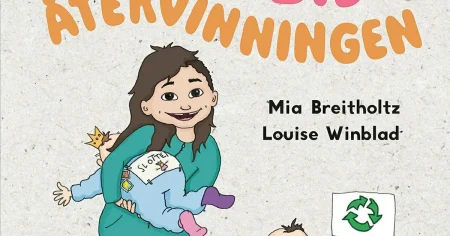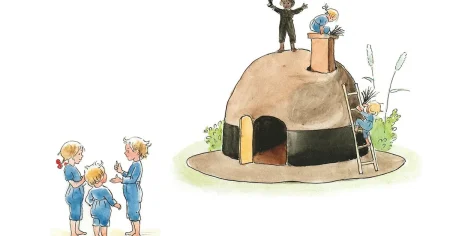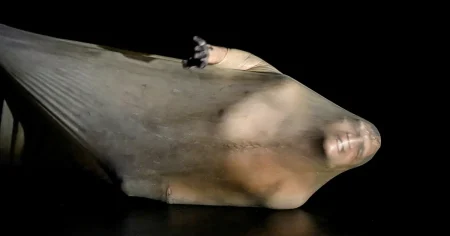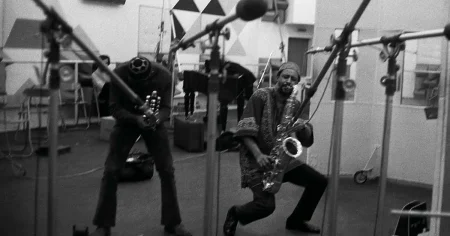The eleventh installment of the beloved Swedish heist-comedy franchise, ”Jönssonligan kommer tillbaka” (The Jönsson Gang Strikes Back), has arrived, despite previous attempts by actor Ulf Brunnberg to halt production by purchasing the rights to the character Dynamit-Harry. Brunnberg’s actions stemmed from a desire to protect the legacy of the original Jönssonligan films, starring himself, Gösta Ekman, and other veteran Swedish actors. This raises the question of whether more Jönssonligan films are necessary, but a more pertinent question is whether the Swedish film industry needs another reboot. The answer is likely yes, as Swedish audiences often shy away from domestic cinema, and a popular franchise like Jönssonligan can provide a much-needed boost to box office numbers.
The previous film, ”Se upp för Jönssonligan” (Watch Out for the Jönsson Gang), directed by the acclaimed Tomas Alfredson, drew an impressive 1.1 million viewers during its opening weekend, despite a pandemic-era release on a streaming service. The new film boasts a similarly star-studded cast, including Robert Gustafsson as Sickan, Jonas Karlsson as Vanheden, and Anders Jansson as Dynamit-Harry, all seasoned comedic actors who deliver solid performances. Jennie Silfverhjelm joins the cast as Doris. The plot revolves around the gang’s attempt to steal a T-rex skeleton from the Swedish Museum of Natural History and transport it to the French Riviera, all to help the wealthy Wall-Enberg one-up a rival who boasts possession of a triceratops skull. This storyline offers a mildly amusing satire of societal status-seeking.
However, the plot is unusually thin, even for a Jönssonligan film, and neglects the franchise’s most crucial element: Sickan’s meticulously crafted plan. Here, the heist is reduced to a simple, albeit cumbersome, act of theft, a plan so rudimentary that even Dynamit-Harry could have conceived it. A subplot involving a bromance between Vanheden and a Danish paleontologist feels forced and lacks the wit of the previous film’s exploration of Vanheden’s childhood. While slight deviations from the formula are expected, the increasing trend of incorporating blatant product placement into the dialogue is jarring.
The filmmakers claim to have aimed to recapture the spirit of the classic Jönssonligan films. If their goal was to create a sleepy action-comedy for adults with the sensibilities of children’s entertainment, they have undoubtedly succeeded. However, the driving force behind the production appears to be financial gain, judging by the intrusive product placements littered throughout the film. These commercial interruptions shatter the illusion of the narrative, serving as a constant reminder of the film’s underlying economic calculations. One particularly egregious example involves Johan Rabaeus, playing Wall-Enberg, awkwardly pausing the action to promote oat milk, ironically criticizing cow’s milk as outdated, a clear anti-advertisement playing on the character’s villainous nature.
This blatant commercialism is not surprising, given that the film was produced by FLX, the same company responsible for turning the popular television series ”Solsidan” into a continuous advertising campaign. The film’s concluding line hints, or perhaps threatens, that this is not the last we’ll see of the Jönsson Gang, assuming Ulf Brunnberg doesn’t successfully sabotage future productions. Despite its flaws, the film provides viewers with recommendations for other Jonas Karlsson comedies: ”Miffo” (2003), ”Cockpit” (2012), and ”Tillsammans 99” (2023), alongside a playful quote from Karlsson himself, imagining Vanheden would find him a terribly boring companion.
”Jönssonligan kommer tillbaka” falls short of the franchise’s potential, sacrificing clever plotting and organic humor for blatant commercialism and a simplistic narrative. While the star-studded cast delivers competent performances, the film fails to capture the charm and wit of its predecessors. The overreliance on product placement disrupts the narrative flow, constantly reminding the audience of the film’s commercial motivations. While the film might provide a temporary boost to the Swedish box office, it ultimately fails to deliver a satisfying or memorable Jönssonligan experience, leaving one to wonder if the franchise has run its course. The ending suggests further installments, leaving the future of the Jönssonligan in a precarious, and potentially oversaturated, state.
Ultimately, the film feels like a missed opportunity. The potential for a genuinely entertaining and clever heist comedy is squandered in favor of a predictable and commercially driven product. While fans of the franchise might find some enjoyment in seeing these familiar characters back on screen, the film lacks the heart and ingenuity that made the original Jönssonligan films so beloved. The question remains: will future installments learn from these mistakes, or will the Jönsson Gang continue down this path of diminishing returns? Only time, and box office receipts, will tell.







